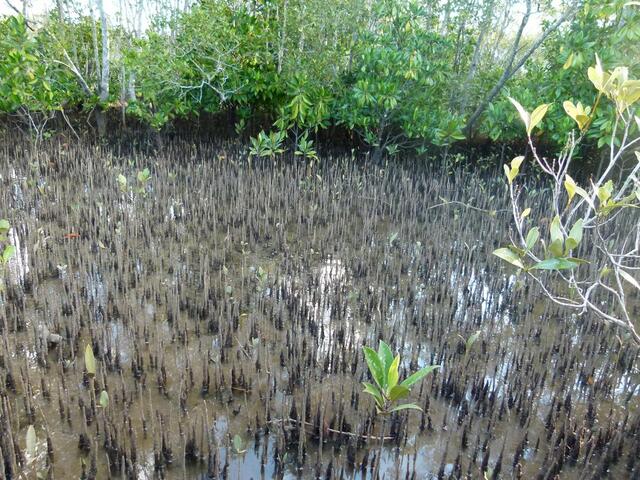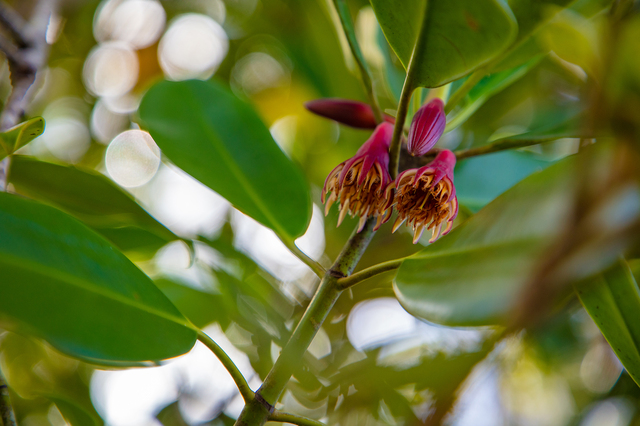Bli Bli and Golden Beach residents have experienced something ‘on the nose’ since the weather cooled down, with investigations determining the odour has been caused by mangroves.
Residents who noticed a ‘rotten egg’ smell contacted Unitywater, believing it was an issue with the wastewater network.
However, executive manager Customer Delivery Rhett Duncan said upon investigation, up to one in four odour reports were found to be unrelated to Unitywater infrastructure.
“One of the causes when it’s not our assets has been confirmed as mangroves or other environmental factors,” Mr Duncan said.
“When mangroves drop their seeds, bacteria helps breakdown the organic matter, producing a sulphur reaction, which creates sulphide gas and the associated odour.
“It’s often described as a rotten egg smell and is most common between May and November, as cooler conditions disperse less sulphide gas, so it’s more concentrated. This can be mistaken for wastewater odour.”
Mr Duncan said in the past twelve months, the utility received 376 odour reports across its service region, which were investigated as a priority to ensure there were no operational issues with the wastewater network.
“We take these reports seriously and we understand odour can be a nuisance for the local community,” he said.
“Our regular maintenance programs help manage any odour from our network and we encourage residents who notice an odour to consider if it may in fact be coming from a nearby swamp, wetland or river.”
Mr Duncan said residents may be able to detect if odour was caused by mangroves by considering how close they were to mangroves, the time of year, wind, seasonal changes in rainfall and temperature.
“While it can be a nuisance, in Queensland, all mangroves are protected and play an important role in stabilising riverbanks and channels. They also provide important habitat and food sources for local animals, including various species of waterbirds, fish and bees,” he said.









